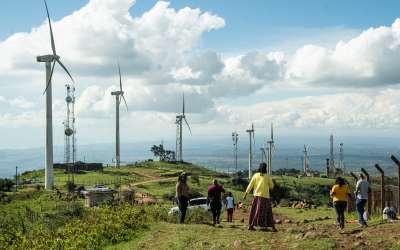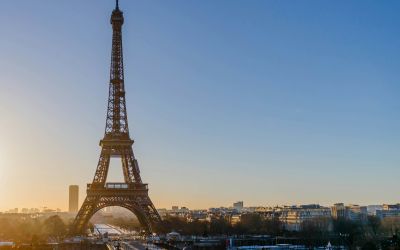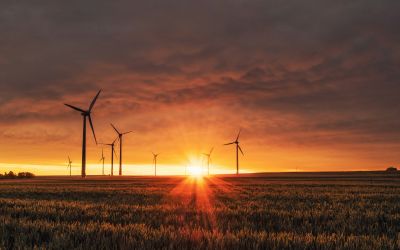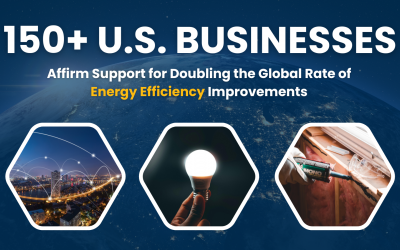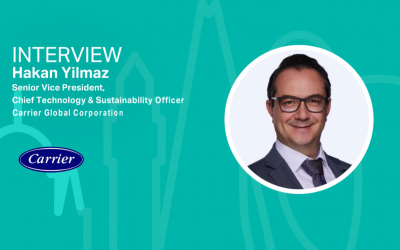Progress and Gaps in Global Energy Access: Tracking SDG 7 in 2025
A new global report sounds the alarm on lagging efforts to deliver sustainable and modern energy for all by 2030.

A new report tracking global progress on Sustainable Development Goal 7, 'Ensure access to affordable, reliable, sustainable and modern energy for all', warns that the world is falling short of achieving universal access by 2030. The Tracking SDG 7: Energy Progress Report 2025, released by the International Energy Agency (IEA) and partners, reveals that despite recent gains, over 666 million people, mostly in sub-Saharan Africa, still live without electricity.
The report highlights a modest improvement since 2022, with global electricity access reaching nearly 92%. However, the current pace remains too slow to meet the 2030 target.
Decentralised renewable energy solutions such as mini-grids and off-grid solar are identified as critical to bridging the gap, particularly in remote and vulnerable regions. These technologies also offer opportunities to expand clean cooking access, potentially reducing household air pollution and improving health outcomes.
In 2023, international public finance for clean energy in developing economies rose for the third consecutive year, reaching $21.6 billion. Yet, funding remains heavily concentrated, with just two sub-Saharan countries among the top five recipients. Most of the increase came via debt instruments, while grants made up less than 10% of the total.
Sub-Saharan Africa continues to lag significantly, with it holding 85% of those without electricity. Installed renewable capacity in the region averages just 40 watts per capita, compared to over 1,100 watts in high-income nations. Meanwhile, the number of people without clean cooking in the region is increasing by 14 million annually.
To avoid increasing disparities in electricity access and clean cooking, the report calls for:
- Strengthened international cooperation of public and private sectors to scale up financial support for developing economies, especially in sub-Saharan Africa
- Reforms in multilateral and bilateral lending to expand the availability of public capital
- More concessional finance mobilisation, grants, and risk mitigation instruments
- Improvement in risk tolerance among donors
- Appropriate national energy planning and regulations
Fatih Birol, Executive Director, International Energy Agency commented : “Despite progress in some parts of the world, the expansion of electricity and clean cooking access remains disappointingly slow, especially in Africa. This is contributing to millions of premature deaths each year linked to smoke inhalation and is holding back development and education opportunities. Greater investment in clean cooking and electricity supply is urgently required, including support to reduce the cost of capital for projects.”
Stefan Schweinfest, Director, United Nations Statistics Division added: “This year’s report shows that now is the time to come together to build on existing achievements and scale up our efforts. Despite advancements in increasing renewables-based electricity, which now makes up almost 30 percent of global electricity consumption, the use of renewables for other energy-related purposes remains stagnant. While energy intensity improved in 2022, overall progress remains weak, threatening economic growth and the energy efficiency goals agreed upon at COP28. The clock is ticking. The findings of this year’s report should serve as a rallying point, to rapidly mobilize efforts and investments, so that together, we ensure sustainable energy for all by 2030.”
Read the press release here
Read the full report here

